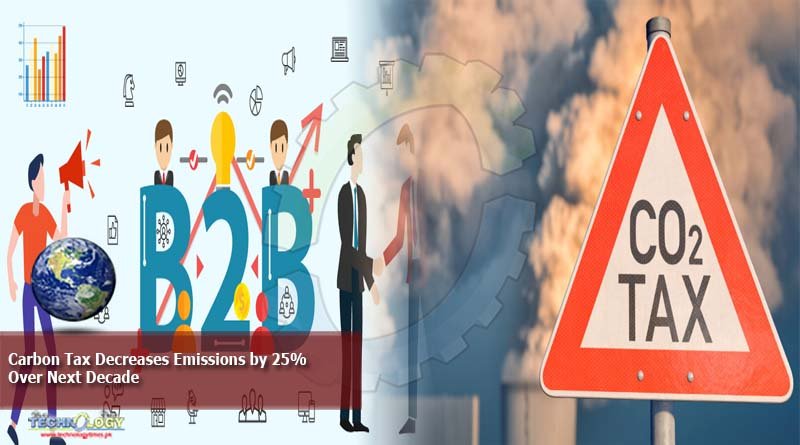Analysts forecast a moderate carbon tax could significantly reduce emissions, without disproportionately affecting less wealthy households. Goldman Sachs has said it believes imposing a carbon tax would decrease emissions by 25% over the next five to 10 years, and go even further when combined with other green subsidies.

Achieving net carbon neutrality has become a cornerstone policy for a number of regions and political campaigns, with the UK, the EU and US presidential candidate Joe Biden all pledging to reach that target by 2050.
With that deadline in mind, Goldman analysts forecast that a moderate carbon tax could significantly reduce emissions without disproportionately affecting lower-income households, as many commentators predict.
“Carbon taxes do not have to be regressive,” analysts wrote in a note to clients on 6 October. “The evidence suggests moderate carbon taxes can significantly lower emissions, especially by decarbonising electric power generation.”
Using its own research, Goldman estimated that a carbon tax of $50 per metric ton — a cost of around 45 cents per gallon of petrol — would lower emissions by 25% in the next five to 10 years.
On top of that, innovation in technologies fostered by the tax could lower emissions by another 10% in the subsequent decade, while a further 10% cut could be generated by spending 0.5% of US GDP on green subsidies.
Analysts said any resulting overweight impact on less wealthy households could be mitigated if after-tax revenue rebates are properly implemented.
“Although low and middle-income households spend a relatively larger share of their income on energy, the carbon intensity of the overall consumption basket does not vary much across the income distribution,” they explained.
They pointed to research from the US Treasury, which showed a moderate carbon tax on Americans of $49 would raise income for the bottom 10th of households by 10%.
And while a 35% cut in emissions over the next couple of decades wouldn’t be enough to get close to a net neutrality target of 2050, “the combination of a carbon tax with clean energy subsidies in areas such as renewables, electric cars, and batteries, could be quite powerful”.
“The long-term emissions reductions would likely be much larger as the benefits from learning-by-doing and research subsidies build over time,” analysts added.
The team’s estimates suggested that a combination of a carbon tax and green subsidies could reduce emissions by 45% over the next two decades.
“This [reduction] would be a major step in the direction of net carbon neutrality over the longer 30-40 year horizon targeted by governments, at which point negative emissions technologies such as carbon capture and storage could also play a large role,” they concluded.
Originally published by FnLondon
